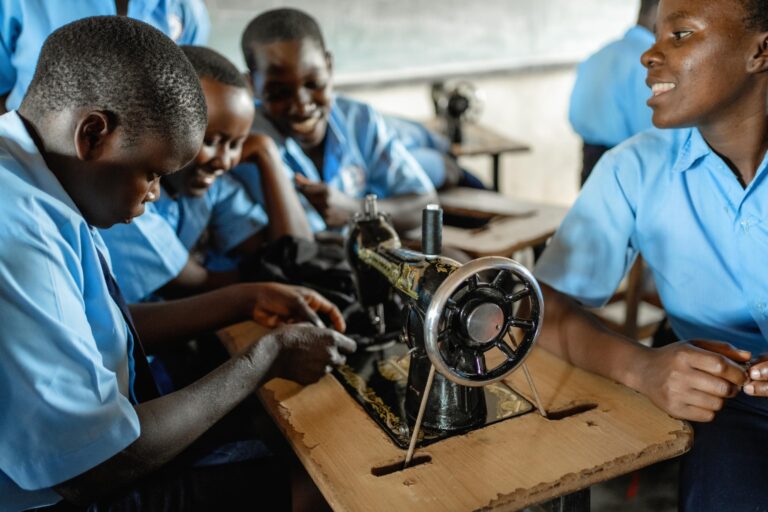Introduction to Bosnia’s Roma Community
In Bosnia and Herzegovina, the Roma community faces significant challenges, including high unemployment rates and social exclusion. This marginalized group often lacks access to basic services and opportunities. Vocational training initiatives are emerging as a key strategy to empower Roma individuals and promote their integration into the workforce.
The Role of Vocational Training
Vocational training programs are designed to equip individuals with practical skills that are in demand in the job market. These programs provide essential training in various trades, enhancing the employability of participants. By focusing on skill development, vocational training helps to break the cycle of poverty that many Roma families experience.
Success Stories
Numerous Roma individuals have benefitted from vocational training, leading to successful employment opportunities. For example, many have secured jobs in construction, hospitality, and textiles after completing their training. These success stories highlight the potential of vocational training to transform lives and contribute to community empowerment.
Challenges and Barriers
Despite the positive impact of vocational training, challenges remain. Discrimination and stigma can hinder Roma individuals from accessing these programs. Additionally, systemic barriers in the labor market may limit their prospects even after receiving training.
The Importance of Support Programs
Support programs that accompany vocational training are essential for ensuring long-term success. Mentorship, job placement services, and ongoing skill development are vital components of these initiatives. Organizations focusing on the needs of Bosnia’s Roma, such as those described in this article, play a crucial role in facilitating these support systems.
Conclusion
Vocational training represents a beacon of hope for Bosnia’s Roma community in their pursuit of employment. By providing skills and support, these programs offer a pathway to economic independence. Continued investment in vocational training and supportive measures is essential to foster inclusion and equality for Bosnia’s marginalized groups.

